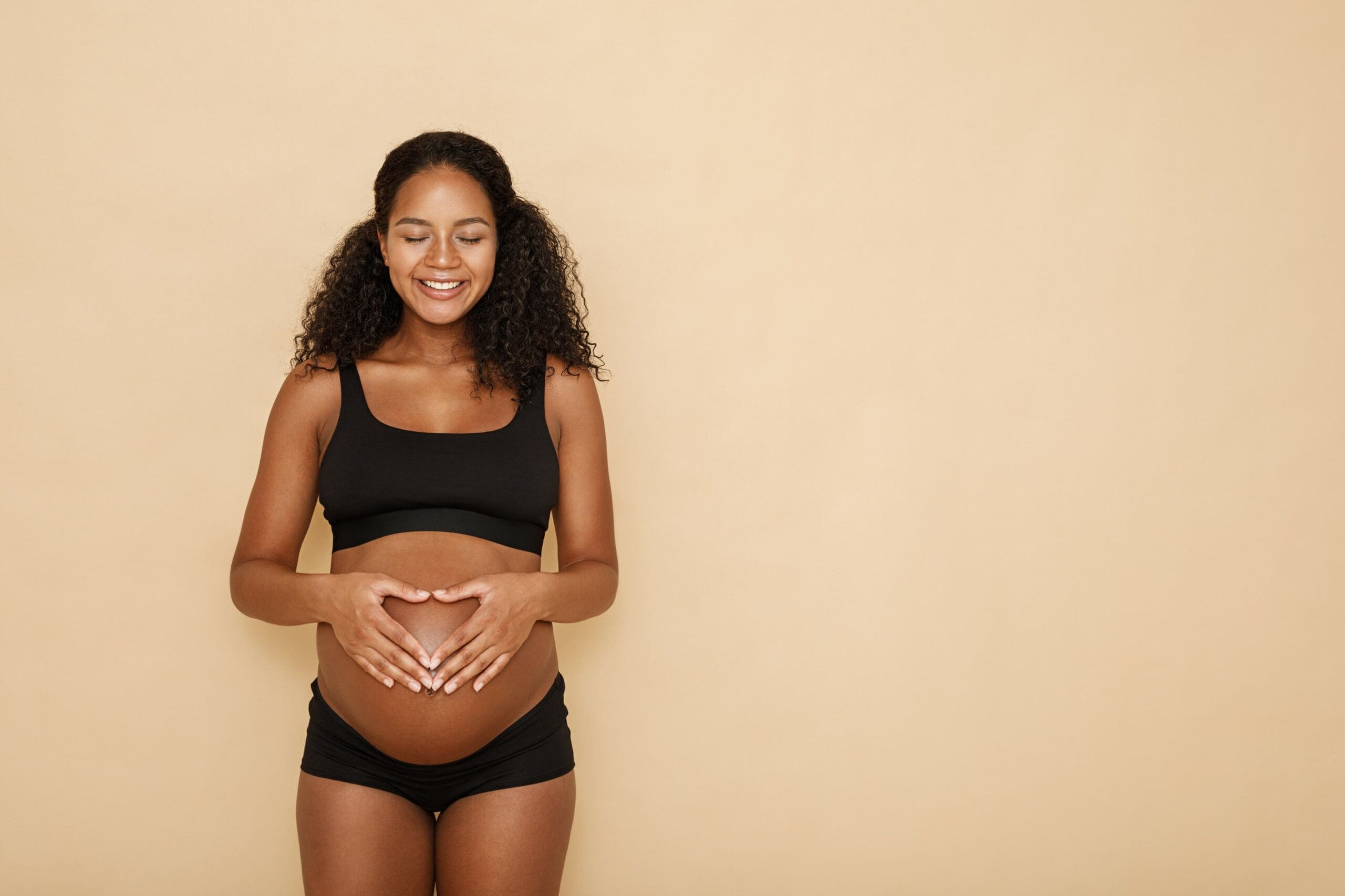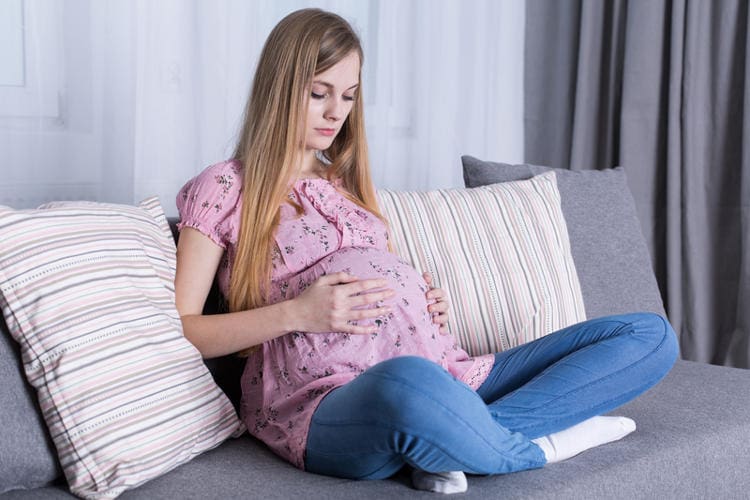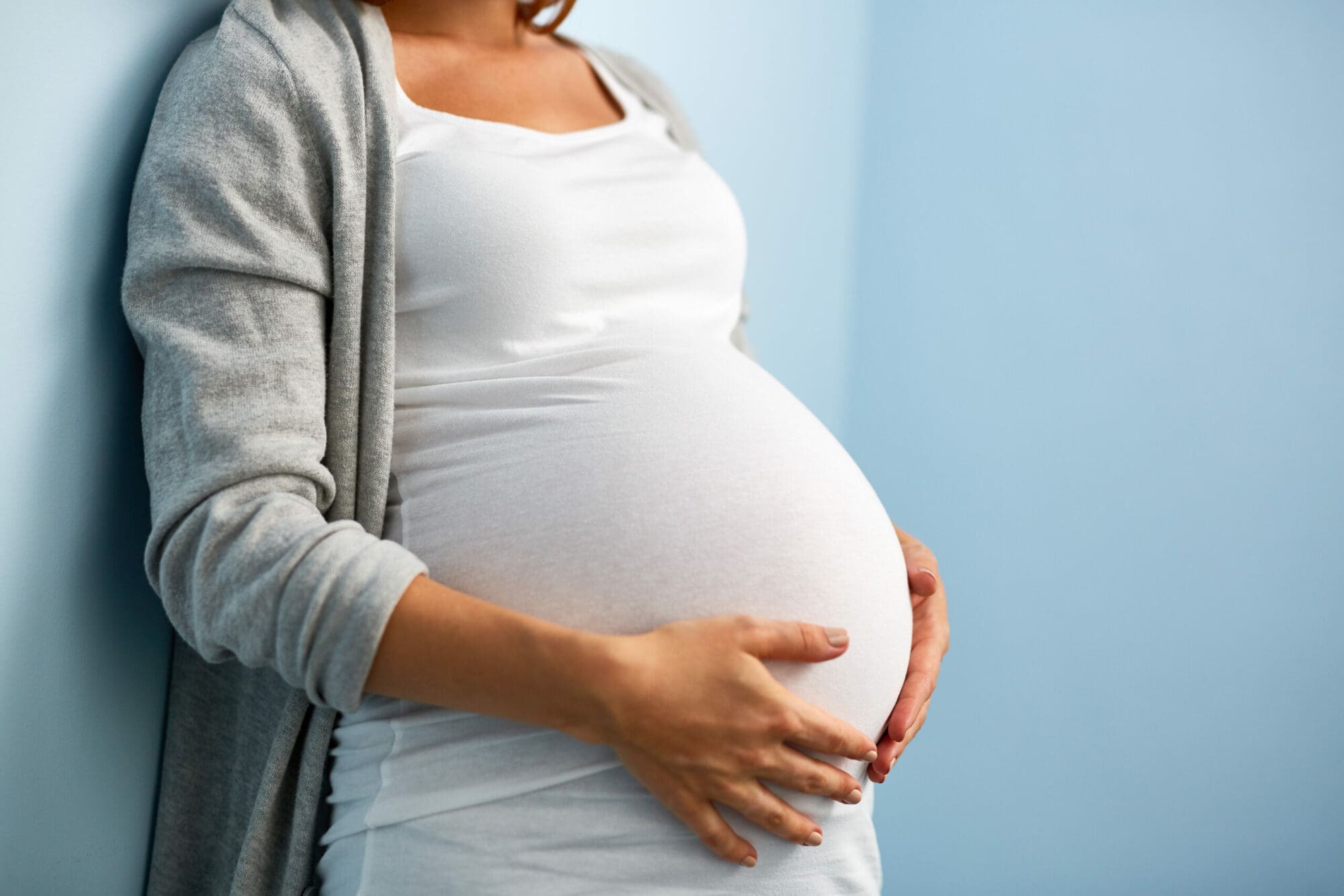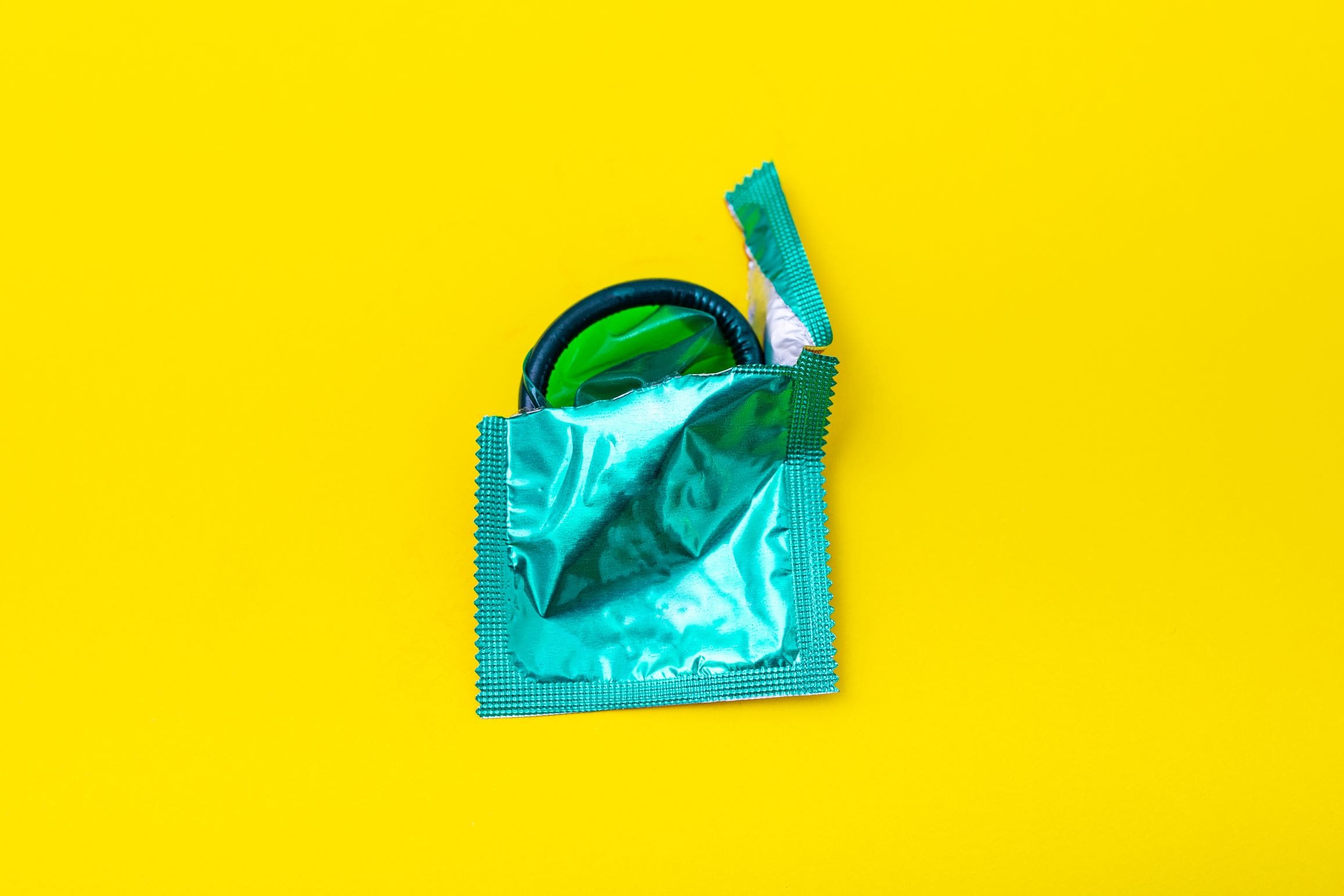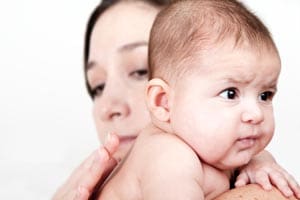Folate is used within the body for cell regeneration and growth. Pregnant women need about one and half times as much as other adults.
vaccination
Childbirth – pain relief options
There are many options for pain relief during labour and childbirth, including having an epidural. Find out what's available before you are due to give birth, and the pros and cons of each option.
Contraception: sterilisation implants (Essure)
Essure sterilisation implants are a type of permanent contraception for women. Find out how they work and their advantages and disadvantages.
Female infertility
There are several factors that can affect a woman’s fertility. Treatments are available for many of the causes of female infertility and assisted reproductive technology such as IVF can help some women get pregnant.
Ross River virus
Ross River virus infection is spread by the bites of infected female mosquitoes. Most sufferers will have a sudden onset of flu-like symptoms that often include painful joints.
Listeria risk in pregnancy
Listeria bacteria can cause serious problems during pregnancy. Listeria can be transmitted by eating contaminated food, but there are steps you can take to avoid infection.
Ectopic pregnancy
Ectopic pregnancy is a pregnancy that implants outside the uterus (womb). Most ectopic pregnancies occur in one of the fallopian tubes. Ectopic pregnancy is a serious condition.
Condoms
Condoms can be used to prevent both pregnancy and the transmission of STIs, but should be used with appropriate lubricants to make them less likely to break. Only water-based lubricants should be used with latex condoms.
Reflux in babies
Reflux, when the contents of the stomach flow back up the oesophagus, is a common problem in babies younger than 12 months. Reflux may cause regurgitation or ‘spitting up’ and is sometimes called possetting.
Contraception: injection
Hormonal contraceptive injections Depo-Provera and Depo-Ralovera provide reliable contraception for 3 months.

